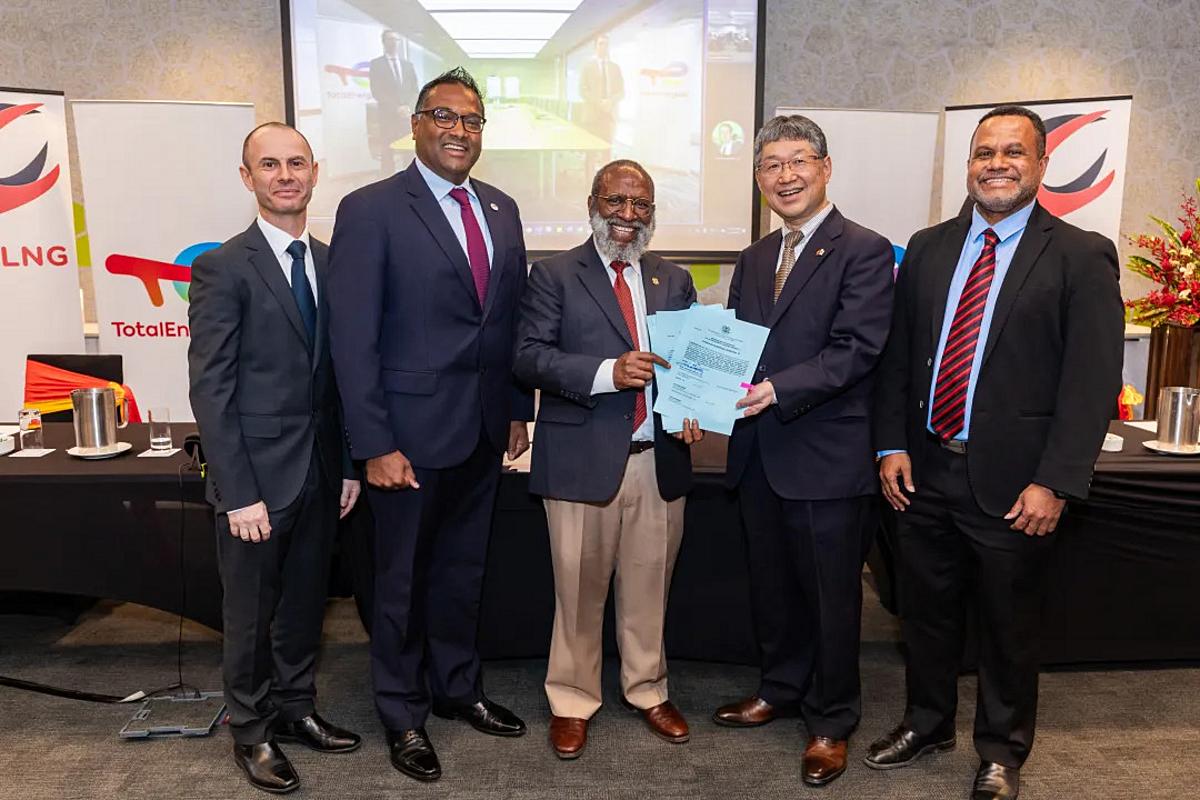Oil & Gas Contracts
Contracts are important because they set out the terms of a transaction, exchange, or deal between two or more parties. A contract or agreement outlines the responsibilities and rights of each part together with costs, benefits, and how the contract might be terminated. In essence, a contract or agreement is a promise that you’re going to take certain actions. These actions might include the completion of work by a specified date or payment for services rendered.
Joint Operating Agreements (JOAs)
Production Sharing Agreements (PSAs)
Risk Agreements
Royalty Agreements
Oil and Gas Agreements Contracts
Oil and gas agreements and contracts, governed by oil and gas law, are legal documents drawn up between two individuals or entities. They provide legal protection for all parties involved in a potential business deal. In addition, they determine the duties and rights of both sides and also regulate risks and expenses. Contracts vary widely in terms of the details, but there are two common points they must address: how costs are treated and how profits, also known as rents, are divided between the relevant parties.
Contracts are important because they set out the terms of a transaction, exchange, or deal between two or more parties. A contract or agreement outlines the responsibilities and rights of each part together with costs, benefits, and how the contract might be terminated. In essence, a contract or agreement is a promise that you’re going to take certain actions. These actions might include the completion of work by a specified date or payment for services rendered.
1. Joint Operating Agreements (JOAs)
In addition, the JOA specifies the operation that it relates to and how costs and revenues will be shared, determined, and accounted for. It also details individual party rights to the production and the acquisition, maintenance, transfer, and disposal of leases.
2. Production Sharing Agreements (PSAs)
This is in exchange for exclusive exploration and production rights. Following successful oil and gas production and deductions for the cost of recovery and taxes, the remaining portion called the profit Oil, is distributed between all the parties following the agreement.
3. Farm-In/Farm-Out Agreements (Well trades)
In the agreement, the farmor makes a farm-out and the farmer makes a farm-in.The agreement may also require the farmee to do more than simply drill a well. It might include seismic and geological studies or paying a monetary consideration for previous costs the farmor incurred.
4. Royalty Agreements
.jpg)
.jpg)
.jpg)
.jpg)

